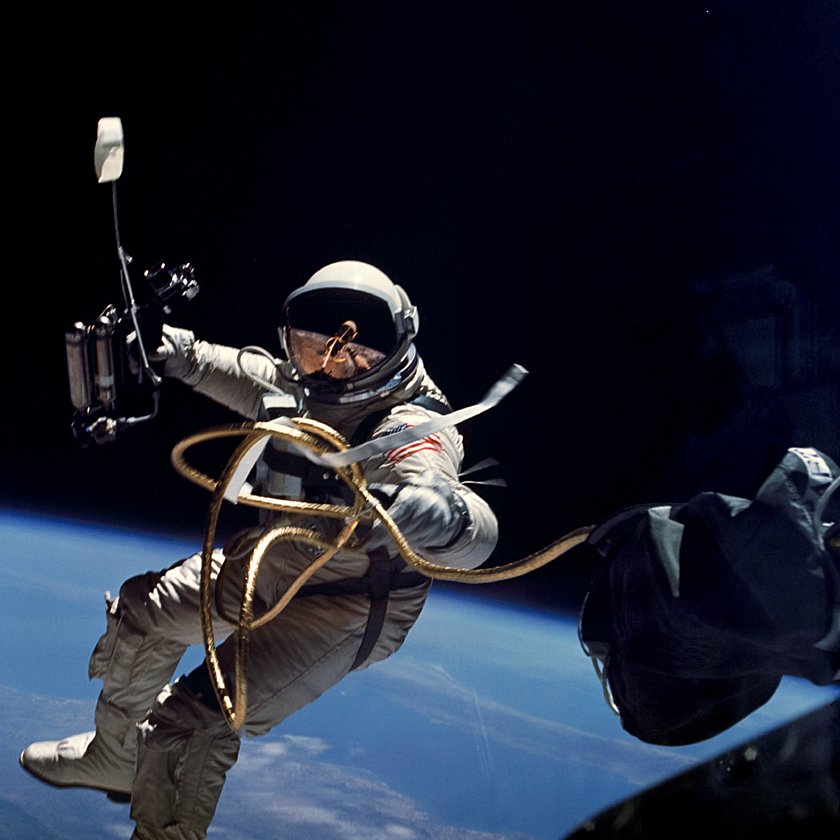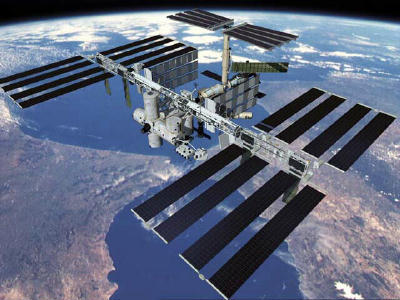
 The International Institute of Space Law (IISL) was founded by the International Astronautical Federation (IAF) in 1960. It replaced the Permanent Committee on Space Law which the IAF had created in 1958. The IISL was formed to foster cooperation among appropriate international organizations and national institutions in the field of space law, the holding of meetings, colloquia and competitions on juridical and social science aspects of space activities, the preparation or commissioning of studies and reports and the publication of books and proceedings. In 2007, the IISL was formally established as an independent association (NGO or non-governmental organization) under Dutch law, and its structure has been improved to better fulfill its objectives.
The International Institute of Space Law (IISL) was founded by the International Astronautical Federation (IAF) in 1960. It replaced the Permanent Committee on Space Law which the IAF had created in 1958. The IISL was formed to foster cooperation among appropriate international organizations and national institutions in the field of space law, the holding of meetings, colloquia and competitions on juridical and social science aspects of space activities, the preparation or commissioning of studies and reports and the publication of books and proceedings. In 2007, the IISL was formally established as an independent association (NGO or non-governmental organization) under Dutch law, and its structure has been improved to better fulfill its objectives.
The general legal framework for space activities under public international law can be found in treaties and in customary international law. As more nations participate in space activities, further development of these principles will occur. The IISL contributes to this law-making process in many different ways. Since its founding, the IISL has hosted annual Space Law Colloquia in conjunction with the International Astronautical Congress (IAC). During each Colloquium, the IISL seeks to address topics that are of substantive interest to all space actors, and to involve these actors in the discussions.
The IISL is also consulted by international bodies such as the United Nations (UN) and has issued Statements that enable debate on legal issues involving space activities. Members of the IISL are designated as IISL observers to the sessions of the UN Committee on the Peaceful Uses of Outer Space (UNCOPUOS) and its Scientific & Technical and Legal Subcommittees. The IISL presents reports on its activities to the Legal Subcommittee and contributes to the UN Highlights in Space report. Also, in cooperation with the European Centre for Space Law (ECSL), the IISL organises an annual space law symposium on topical space law issues for the delegates and staff attending the sessions of the COPUOS Legal Subcommittee in Vienna, Austria.

The IISL publishes its annual IISL Proceedings, containing papers presented at all its colloquia and symposia along with the reports and papers presented to the UN.
The IISL believes it is essential to involve a new generation of space lawyers in this exciting field of law. To this end, the IISL has organised the annual Manfred Lachs Space Law Moot Court Competition since 1992. During each competition, students from North America, Europe and the Asia-Pacific regions make written and oral arguments on a hypothetical space law case. Regional competitions are conducted each spring, and the winning teams are brought together to meet in the World Finals held in conjunction with the annual IISL Space Law Colloquium. The World Finals are judged by sitting Judges of the International Court of Justice in The Hague. The IISL is working to enhance the success of the competition by increasing the participation of law schools in Europe and the United States and is currently planning new regional competitions in Latin America and Africa.
The IISL also sponsors and co-sponsors regional and national conferences and symposia which have been held in Singapore, Beijing, Bangalore, Bangkok, Chiangmai, and Washington, DC. These events have been very successful and IISL members are always welcome to contribute and participate.
We hope to see you during our next colloquium, conference or symposium, and look forward to enriching debates and exchanges!
Tanja Masson-Zwaan, IISL President
Images credits: NASA, ESA